Tag: House of Lords
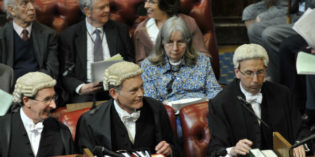
How democratic is the UK’s House of Lords, and how could it be reformed?
As part of the 2017 Audit of UK Democracy, Sonali Campion, Sean Kippin and the DA team examine how the UK’s deeply controversial current second chamber, the House of Lords, matches up to the criteria for liberal democracies with bi-cameral legislatures. Now an almost-all appointed Chamber, the House of Lords has had some prominent or more bipartisan influence on moderating Commons […]
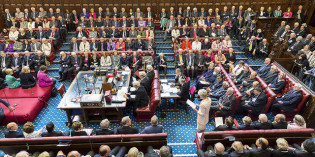
The Strathclyde recommendations, if implemented, could give rise to a de facto form of unicameralism
On 17 December, the government published a review by Lord Strathclyde on secondary legislation and the relationship between the House of Lords and the House of Commons. If the recommendations were implemented the House of Lords would lose its power to veto statutory instruments. Mark Elliott outlines three salient matters pertaining to statutory instruments, and, in the […]
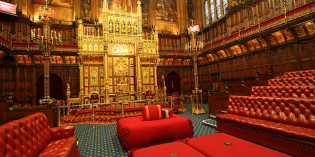
By abandoning ideology for short term pragmatism both left and right are trivialising important constitutional questions
Although Tax Credit changes were accepted in the House of Commons, the failure of the Lords to approve this motion has created some interesting paradoxes. Sagar S Deva and Christopher Kirkland write that rather than suggesting politically-motivated and short-termist changes to affect the passage of legislation, a longer term appreciation of proposed changes is required […]
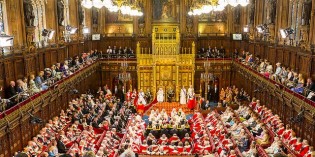
For the first time a Conservative government is experiencing repeated defeats in the Lords
In the aftermath of the Lords defeats on tax credit cuts there has been much talk of a ‘constitutional crisis’. In this post Meg Russell argues that whilst last Monday’s vote was certainly unusual, the most significant change is the wider political context: that it is a Conservative government on the receiving end of repeated defeats in the Lords. Much like […]

Once again the Constitution seems vulnerable to piecemeal reform arising out of sectional party interest
On Monday the House of Lords voted against changes to tax credits. In doing so, Osborne and Cameron have argued they have broken a constitutional convention, raising “issues that need to be dealt with”. But Sean Swan questions these claims by highlighting that neither the Parliament Act nor the Salisbury Doctrine has been breached as […]
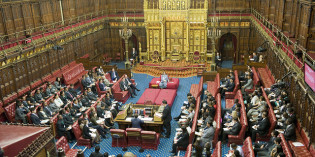
The Conservatives will not ‘suspend’ the House of Lords, but neither will they reform it
The government’s plans to cut tax credits might just be threatened with a ‘fatal motion’ in the House of Lords today. Unnamed ministers have threatened peers in turn with suspension. Richard Reid explains how the Lords can get involved in statutory instruments. He argues that this is another case where peers must walk a fine line between being neither […]

Is David Cameron actually seeking to destroy the Lords?
Yesterday’s new peerage appointments attracted almost universal criticism for further adding to the inexorable growth in size of the House of Lords under David Cameron. But could the gradual erosion of the Lords’ reputation actually benefit the government by weakening parliament? Might it even be a deliberate plan? And – given that the Prime Minister […]
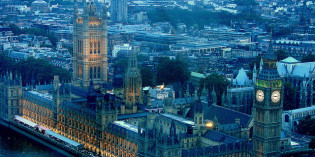
The Constitutional Standards of the House of Lords’ Constitution Committee: A valuable tool for enhancing scrutiny
To mark the launch of the second edition of The Constitutional Standards of the House of Lords Constitution Committee, Jack Simson Caird considers the role that a set of constitutional standards could play in the current government. Drawing on the example of English votes for English laws, he argues that such a code would increase […]




 Democratic Audit's core funding is provided by the Joseph Rowntree Charitable Trust. Additional funding is provided by the London School of Economics.
Democratic Audit's core funding is provided by the Joseph Rowntree Charitable Trust. Additional funding is provided by the London School of Economics.